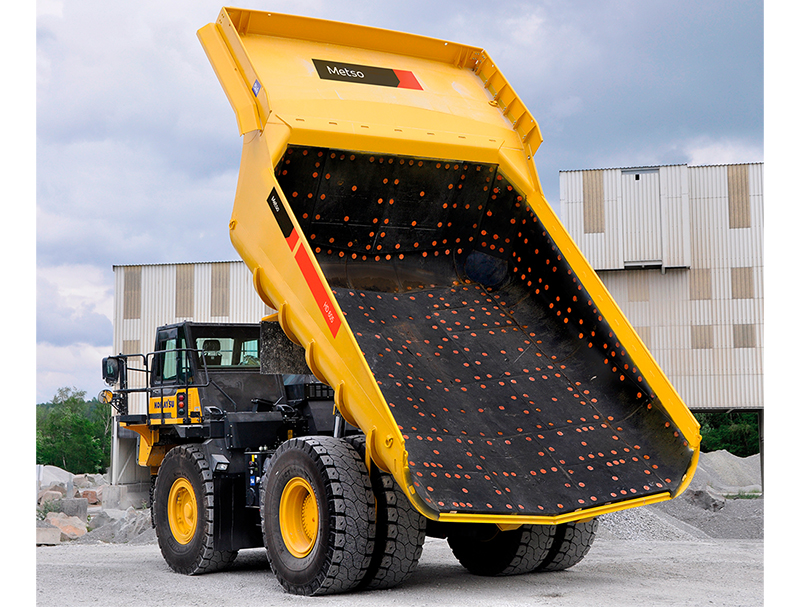
The partners say that supplementary cementitious materials (SCMs) will play a key role in the cement industry’s pathway to net-zero. SCMs, cover a range of materials from natural pozzolans to calcined clay and industrial byproducts, for example, fly ash, blast-furnace slag, silica fume and, recently, recycled concrete fines and mining tailings.
SCMs have a lower carbon footprint than traditional Portland clinker used in cement production. Thus, clinker substitution with SCMs is a “surefire way to reduce CO2 emissions”, said Wilson Ricardo Leal da Silva from FLSmidth’s green innovation team. “The ultimate goal is to reduce the clinker factor from about 70% today to 40% by 2030, targeting CO2 emissions of 0.2 tCO2 per ton of cement.”
But there are challenges. For example, while the use of SCMs is likely to increase in cement in the coming years, as cement plants press to lower their emissions, it can be complicated for a single plant to transition between various SCMs. "In this context, being able to switch between SCMs quickly and flexibly will provide a competitive advantage to cement and concrete producers," continued Leal da Silva.
To address these challenges, FLSmidth is leading a new research partnership titled DETOCS – Data Enabling Transformation and Optimization towards Concrete Sustainability.
“Cement plants already gather vast amounts of operating data. Our ambition is to combine this data and fundamental understanding of cement chemistry to create advanced predictive models, allowing cement plants to quickly adapt and optimise their processes to new SCMs and produce very low-carbon cement on demand,” said Leal da Silva.
The development of such a model requires an interdisciplinary effort; therefore, DETOCS includes experts in material science, data scientists, technical standards as well as process engineers and cement producers.
The DETOCS industrial and academic partners are: FLSmidth, Cementos Argos, C2CA Technology, Centre National de la Recherche Scientifique, Erasmus University Rotterdam, École Polytechnique Fédérale de Lausanne, Environmental Coalition on Standards, ETH Zürich, Imperial College London, Massachusetts Institute of Technology, ParticleTech ApS, RWTH Aachen, Statwolf, TU Delft, University of Padova, Mannok, University of Aberdeen, and Université Grenobles Alpes.
Breakthrough Energy, the German Cement Association, Kline Consulting, and Kompas Venture Capital compose the project's external advisory board.
Commenting on Mannok’s partnership in the research, Mark Gilmore, process manager, at Northern Ireland-based Mannok, said: “From the publication of our sustainability strategy, the Mannok 2030 Vision, it is evident that we are facing the cement decarbonisation challenge head on, engaging with our academic and industrial partners, and investing in the innovations that will play a crucial role to decarbonise the cement industry.
"Earlier this year, we launched the completion of a separate RD&I project with FLSmidth, the development of a world first technology, the FUELFLEX Pyrolyzer, which has enabled us to displace 90% of our coal use with SRF (solid recovered fuels) in the pre-calcination stage of cement production. Not only was this a major milestone in the decarbonisation of our plant, but it was also a valuable, unique and exciting experience for our team to be a part of, aiding their own personal development"
DETOCS is funded by Horizon Europe’s Marie Skłodowska-Curie Actions. The consortium will support 15 PhD students. “Each doctoral candidate will gain interdisciplinary knowledge needed to deliver game-changing cleantech innovations, while contributing to develop a novel engineering solution that helps decarbonise cement,” concluded Leal da Silva. The project officially launches in September 2023.














